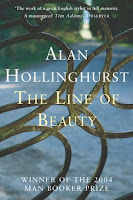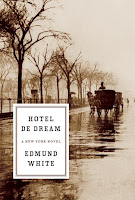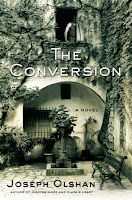 Twine is [yet another] site that offers recommendations for webpages, stories and information based on things that you've read. I've seen demos that are amazing, that pull together disparate threads of data in new and surprising ways. It is powered by some sort of fantastic semantic juju that allows it to create recommendations and connections that simpler probabilistic analyses cannot. Sounds good right?
Twine is [yet another] site that offers recommendations for webpages, stories and information based on things that you've read. I've seen demos that are amazing, that pull together disparate threads of data in new and surprising ways. It is powered by some sort of fantastic semantic juju that allows it to create recommendations and connections that simpler probabilistic analyses cannot. Sounds good right?The problem is that it is just too. damned. much. work. You start with nothing, and have to enter your links, from scratch, one at a time. You don't get any immediate satisfaction. Unlike FriendFeed or SocialMedian, it doesn't just figure stuff out based on your other activity elsewhere on the web. It doesn't even attempt to figure out what you already like. So all of the heavy lifting is left up to the user, and there's no immediate payoff. The new user is left wondering just what the hell this site is supposed to do for them.
So although it probably has good technology, so far it's a failure. If they don't realize that everybody's not suddenly going to start posting everything in their little walled garden with a promise of getting payoff, maybe, someday, they'll be left behind by other sites who have given a great experience out of the gate to new users. Other sites – Facebook, FriendFeed, etc. – can add this semantic hooey to their own sites at their leisure. Sometimes technology really doesn't matter.






